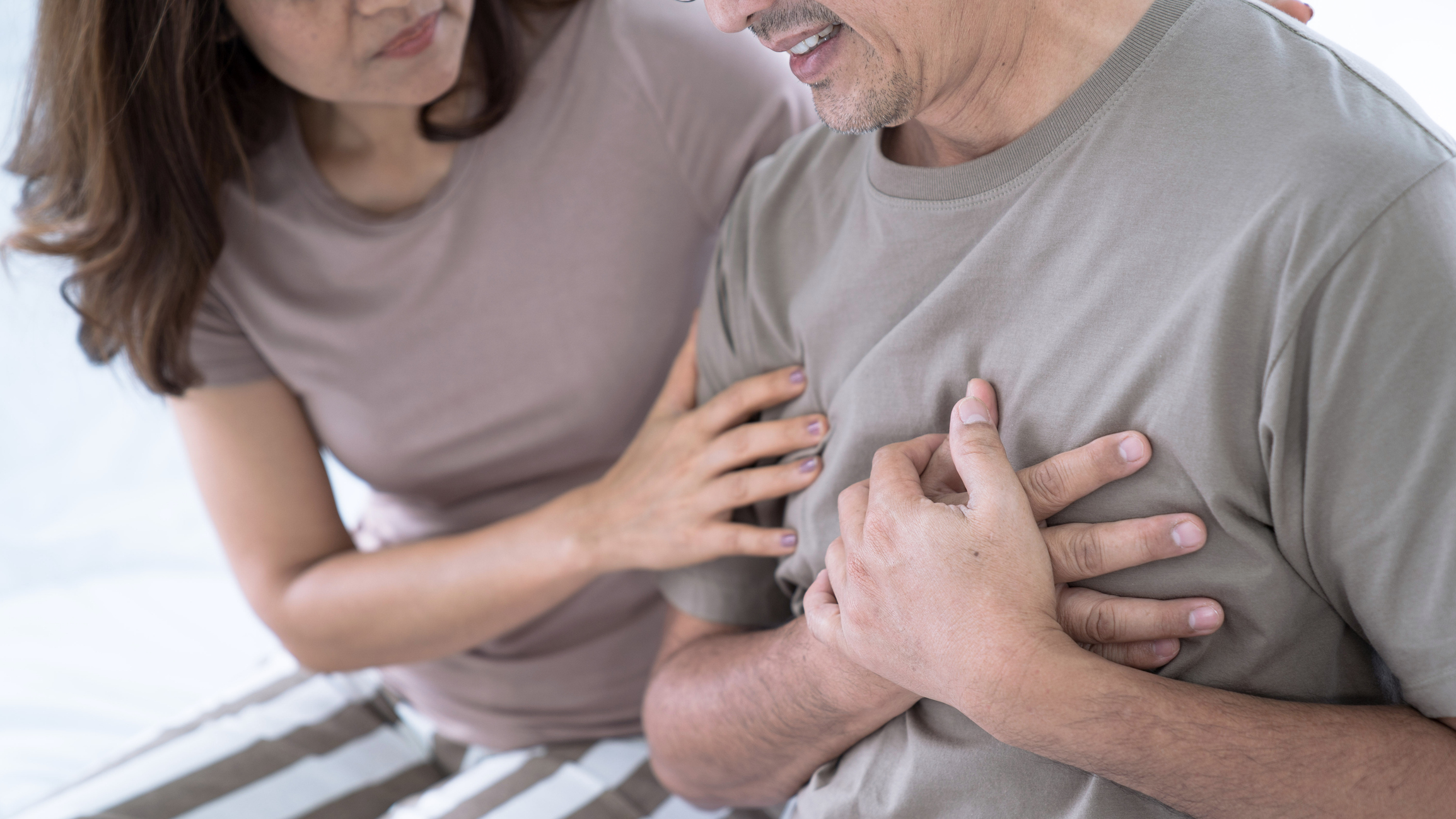Get Easy Health Digest™ in your inbox and don’t miss a thing when you subscribe today. Plus, get the free bonus report, Mother Nature’s Tips, Tricks and Remedies for Cholesterol, Blood Pressure & Blood Sugar as my way of saying welcome to the community!
Aortic stenosis: What’s insulin resistance got to do with it?

Insulin resistance is a complex condition in which your body doesn’t respond as it should to insulin. Anyone can become insulin resistant, though some people may be more disposed to it than others.
Normally the pancreas produces insulin which helps move blood glucose into our cells where it’s used for energy. Some is also stored in the liver, muscles and fat cells.
But when blood sugar is high often or spikes a lot, the cells become resistant to allowing the insulin to enter, and blood sugar continues to rise. Over time, insulin resistance can lead to prediabetes and eventually, full-blown type 2 diabetes, if the trajectory is not stopped.
It’s well known that people with diabetes are at increased risk for heart disease. But now we’re learning that just being insulin resistant is linked to the world’s most common heart valve disease…
What is aortic stenosis?
Aortic stenosis (AS) causes a narrowing of the aortic valve, restricting blood flow out of the heart.
Eventually, the valve thickens and stiffens, making the heart work harder to pump blood effectively around the body. If not corrected, this can gradually cause debilitating damage that can lead to life-threatening complications, such as heart failure.
The symptoms of AS can take years to develop. Someone living with AS can experience symptoms that include chest pain, tiredness, shortness of breath and heart palpitations. Some may experience no symptoms at all but still be at risk of heart failure and death.
Known risk factors for AS include age, gender (being male), hypertension, and smoking. Diabetes is an established risk factor too.
But now we’re learning that insulin resistance, even if it never progresses to become diabetes, can also put men at high risk of this dangerous heart condition.
Biomarkers that predict aortic stenosis
A group of researchers from Finland have identified specific biomarkers of insulin resistance as predictors that a man will develop AS.
A biomarker is a substance that, when found in bodily fluids like blood, can indicate an abnormal process in the body.
The researchers analyzed data from 10,144 Finnish men aged 45 to 73 who did not have AS. They measured biomarkers related to insulin resistance.
At a ten-year follow-up, 116 of those men, or 1.1%, were diagnosed with AS.
Now, that may not sound like a lot. But the important thing here is that the team identified very particular biomarkers related to insulin resistance – fasting insulin and serum C-peptide, for example – that were associated with an increased AS risk.
This is good news. By taking care of these biomarkers, it’s possible men can avoid aortic stenosis, heart disease and early death.
“This novel finding highlights that insulin resistance may be a significant and modifiable risk factor for AS,” says lead author Dr Johanna Kuusisto, from the Kuopio University Hospital, in Finland.
“As insulin resistance is common in Western populations, managing metabolic health could be a new approach to reduce the risk of AS and improve cardiovascular health in aging populations. Future studies are now warranted to determine whether improving insulin sensitivity through measures such as weight control and exercise can help prevent the condition.”
The findings of this study are somewhat limited since the research group consisted of only male subjects. However, men are more likely to develop the condition.
Preventing insulin resistance
Some risk factors, such as your gender or ethnicity are clearly not under your control. And unfortunately, genes have been identified that can make some people more likely to develop insulin resistance.
But lifestyle plays a significant role both in the development and prevention of insulin resistance, including:
Being overweight. Obesity is considered a primary cause.
Lack of physical activity. Exercise builds muscle that can absorb blood glucose, but not if you’re too stationary.
Poor diet. A diet high in ultraprocessed foods, with high levels of carbs, and saturated fats is a recipe for insulin resistance.
Research has already shown that insulin sensitivity can be improved, fasting blood sugars normalized and even type 2 diabetes reversed.
To keep from succumbing to this dangerous spiral that can lead to aortic stenosis, read my detailed post on the early signs of insulin resistance and how to get insulin sensitivity back.
Editor’s note: Are you feeling unusually tired? You may think this is normal aging, but the problem could be your master hormone. When it’s not working, your risk of age-related diseases skyrockets. To reset what many call “the trigger for all disease” and live better, longer, click here to discover The Insulin Factor: How to Repair Your Body’s Master Controller and Conquer Chronic Disease!
Sources:
World’s most common heart valve disease linked to insulin resistance in large national study — EurekAlert
Biomarkers reflecting insulin resistance increase the risk of aortic stenosis in a population-based study of 10,144 Finnish men — Annals of Medicine
Insulin resistance — Cleveland Clinic














